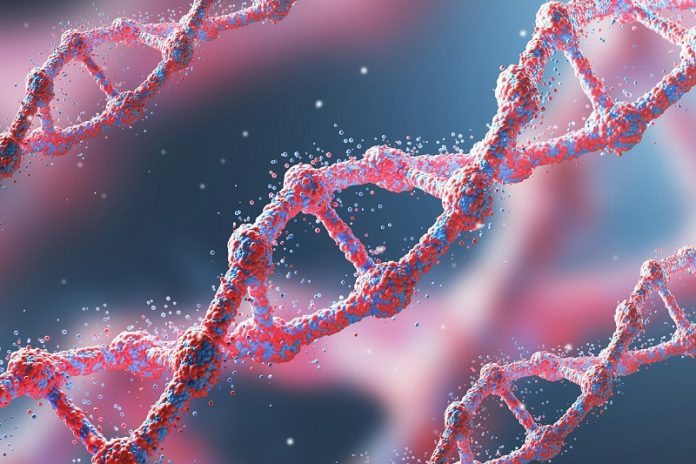
Scientists from Sinai Health have made a surprising discovery about DNA elements called transposons, which play a crucial role in early human development.
These tiny bits of DNA can move around the genome, and for years, they were thought to be harmful, often referred to as “selfish DNA” because they seemed to only exist to copy themselves and cause problems.
However, this new research shows that some of these transposons are actually essential for human embryos to grow and develop properly.
The research team, led by Dr. Miguel Ramalho-Santos and Dr. Juan Zhang, focused on a specific type of transposon called LINE-1, which makes up about 20% of our genetic material.
In comparison, the genes that control our physical traits and body functions account for less than 2%.
LINE-1 can insert itself in different parts of the genome, and when it does, it can disrupt normal gene activity, which has been linked to diseases like cancer and hemophilia.
What puzzled the researchers was why LINE-1 was so active during the early stages of embryo development.
“If these transposons are bad for us, why do we see them switched on in such a critical stage, when the embryo is just beginning to form?” Dr. Zhang wondered.
To find out, the researchers blocked LINE-1 in human embryonic stem cells (ESCs) and observed an unexpected result: the cells went back to a very early stage, similar to the 8-cell stage of the embryo.
At this point, all eight cells are the same and can turn into both the embryo and the placenta, which nourishes the baby during pregnancy.
Once the cells pass this stage, they lose some of their flexibility and can no longer form the placenta, only the fetus.
The team discovered that LINE-1 isn’t just jumping around the genome. Instead, it helps organize the DNA in the cell’s nucleus, ensuring that the cells can move forward in development.
LINE-1 specifically moves a group of important genes to a quiet part of the nucleus, allowing the embryo to continue developing into a baby.
This discovery is important because it changes how we think about “selfish DNA.” Rather than being harmful, LINE-1 has a positive role in helping embryos grow.
Understanding how this works could have major implications for fertility treatments and stem cell research.
Dr. Anne-Claude Gingras from Sinai Health praised the team’s work, saying, “This research reveals a new layer of complexity in human development, and there is still much more to learn about these mysterious elements in our genome.”
Source: KSR.



